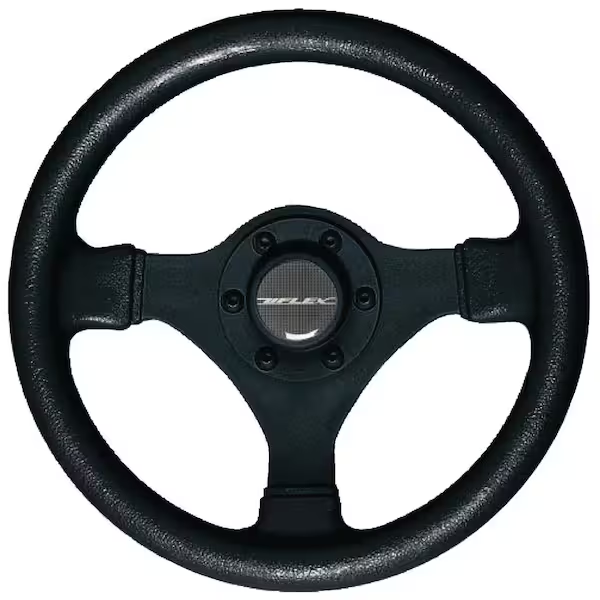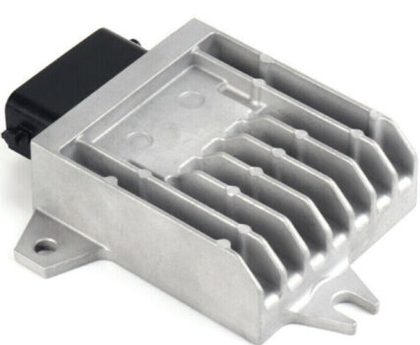The engine is the heart of your vehicle, and ensuring its optimal performance requires diligent maintenance. Among the many components that contribute to engine efficiency, the oil ring plays a critical role. The oil ring is part of the piston assembly, responsible for controlling oil consumption and maintaining proper lubrication within the engine. This article will explore the function of the oil ring, its importance in engine health, common issues that can arise, and essential maintenance tips to keep your engine running smoothly.
Understanding the Oil Ring
What Is an Oil Ring?
The oil ring is a crucial part of the piston assembly in internal combustion engines. It is situated on the piston, typically under the compression rings. The primary function of the oil ring is to scrape excess oil from the cylinder walls, ensuring that just the right amount of oil is present for lubrication. This process prevents excessive oil from entering the combustion chamber, which can lead to poor performance and increased emissions.
Types of Oil Rings
There are several types of oil rings used in modern engines. Single-piece oil rings are the most common type found in many vehicles. They consist of a single, sturdy ring designed to control oil effectively. Two-piece oil rings have a scraper ring and a control band, which work together to manage oil flow more efficiently. Lastly, some high-performance engines feature three-piece oil rings that enhance oil control and improve performance. Understanding the specific design of your engine’s oil ring can provide insights into its maintenance needs.
How the Oil Ring Works
The oil rings operates as the piston moves up and down the cylinder. During the downward stroke, the oil ring scrapes oil from the cylinder walls and channels it back into the oil sump. As the piston rises, the oil rings help maintain a thin film of oil on the cylinder walls, ensuring proper lubrication. By controlling oil consumption and preventing oil from entering the combustion chamber, the oil ring plays a vital role in maintaining engine efficiency and power.
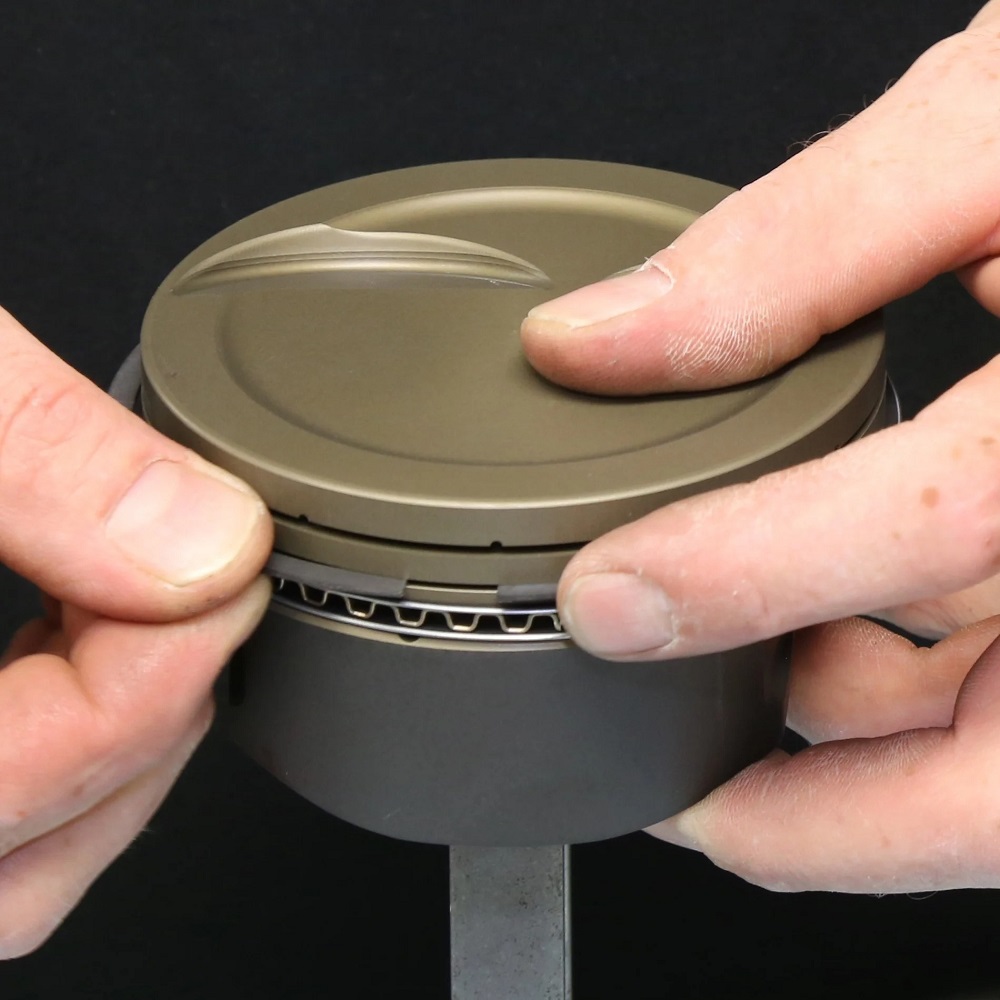
Importance of the Oil Ring
Ensuring Engine Lubrication
One of the critical roles of the oil ring is to manage engine lubrication. Proper lubrication reduces friction between moving engine parts, which in turn decreases wear and tear. When oil is adequately controlled in the combustion chamber, engine components experience less stress, leading to a longer lifespan for the engine. Insufficient lubrication can cause critical damage, resulting in costly repairs or even complete engine failure.
Controlling Oil Consumption
Oil consumption is another essential aspect of engine performance. The oil ring helps minimize oil loss by regulating how much oil is available to the combustion chamber. When the oil rings functions correctly, it prevents excess oil from burning during combustion. High oil consumption can lead to a series of problems, including increased exhaust emissions, higher fuel consumption, and the need for more frequent oil changes. Keeping oil consumption in check is crucial for a well-functioning engine.
Maintaining Engine Performance
The oil ring’s ability to control oil consumption directly impacts overall engine performance. By ensuring optimal lubrication, the oil rings contributes to smooth engine operation and consistent power delivery. An engine that runs smoothly can respond to acceleration better and operates more efficiently, leading to improved fuel economy. Proper functioning of the oil ring is a critical factor in achieving the desired performance from your vehicle.

Signs of Ring Problems
Increased Oil Consumption
One of the most noticeable signs of oil rings problems is increased oil consumption. If you find yourself needing to add oil frequently, it may indicate that your oil ring is not functioning as it should. Excessive oil consumption can lead to diminished engine performance and necessitate more frequent oil changes, escalating maintenance costs over time.
Blue Smoke from the Exhaust
Another indication that the oil ring may be malfunctioning is the presence of blue smoke from the exhaust. When oil enters the combustion chamber due to a failing oil ring, it burns along with the fuel, producing blue smoke. If you observe blue smoke during acceleration or initialization, it is essential to address the issue promptly, as it signifies that your oil ring may not be effectively regulating oil flow.
Performance Issues
Performance issues such as misfires, rough idling, and reduced power may also suggest that the oil ring has developed problems. As oil enters the combustion chamber, it can disrupt the air-fuel mixture, leading to improper combustion. These performance-related symptoms can hinder your driving experience, highlighting the urgency of addressing potential oil ring issues.
Essential Maintenance Tips for Optimal Ring Function
Regular Oil Changes
One of the most effective ways to maintain your oil ring and overall engine health is by scheduling regular oil changes. Fresh oil ensures that the engine components are lubricated effectively and helps prevent sludge and build-up from degrading the oil. Most vehicle manufacturers recommend oil changes every 5,000 to 7,500 miles, but referring to your owner’s manual for specific guidelines is essential. Regular oil changes help prolong the lifespan of your oil ring and enhance engine performance.
Use Quality Engine Oil
Choosing the right engine oil is crucial for maintaining the effectiveness of your oil ring. Selecting high-quality oil that meets the specifications set by your vehicle manufacturer will help ensure optimal lubrication and performance. Synthetic oils often provide better protection and can resist breakdown better than conventional oils, which can contribute to overall engine health. Always consult your owner’s manual for the recommended oil type and viscosity for your specific engine.
Monitor Oil Levels
Regularly checking your oil levels is a vital practice to maintain your engine’s health. Low oil levels can indicate leaks or excessive consumption, both of which can harm the oil ring and engine. Use the dipstick to check your oil levels, looking for the correct mark on the dipstick. If you notice that your oil levels are dropping rapidly, it’s essential to investigate the source, whether it’s oil leaks, burning oil, or other issues.
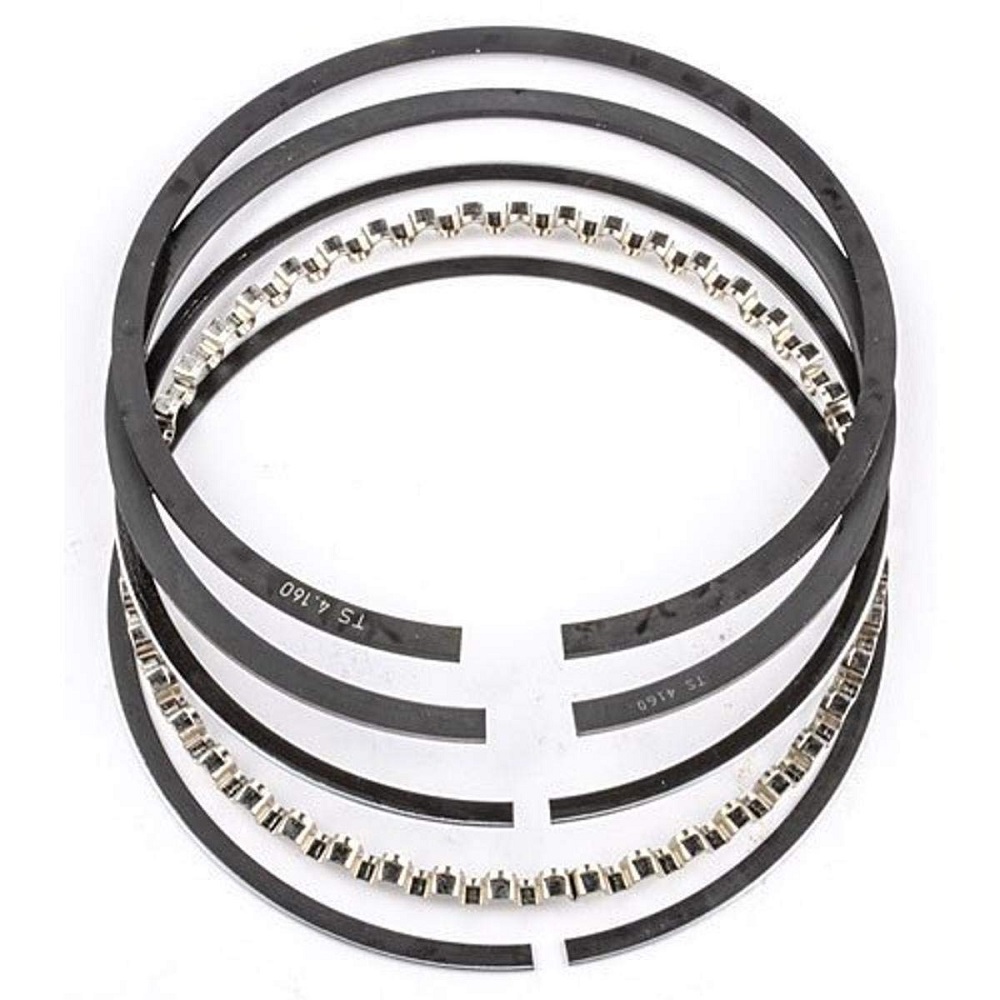
Addressing Oil Ring Issues
Routine Inspections
Routine inspections of your engine can help identify potential oil ring concerns before they become severe. During an oil change or routine maintenance visit, mechanics can examine the oil condition and check for any performance issues. Addressing problems early will minimize damage and ensure that all components, including the oil rings, function optimally.
Engine Flush and Cleaning
If your oil ring has become clogged or restricted due to sludge or contaminants, an engine flush may be beneficial. Engine flushes use specialized cleaning agents to dissolve and remove build-up in the engine, promoting better oil flow and enhancing the effectiveness of the oil rings. Consult with a trusted mechanic about whether an engine flush is appropriate for your vehicle and its specific condition.
Professional Repairs
Should you identify significant issues with your oil rings or experience persistent oil consumption problems, professional inspection and repairs may be necessary. A trained technician can accurately diagnose the problem and offer effective solutions, whether it requires an oil rings replacement or addressing additional engine concerns. Ignoring issues with the oil rings can lead to costly engine damage, so taking action promptly is essential.
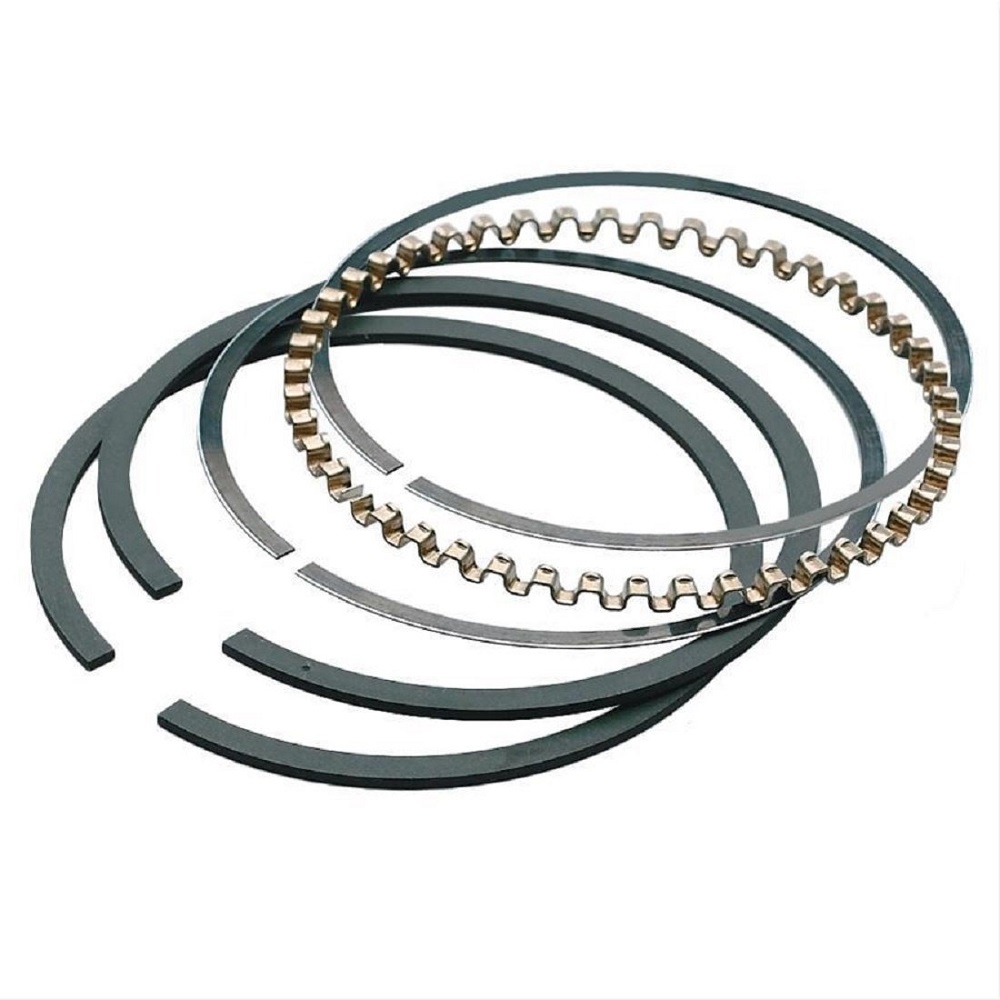
Upgrading Your Engine for Performance
Considering Performance Parts
If you’re looking to upgrade your vehicle’s performance, consider investing in performance engine parts. Upgraded oil rings can improve oil control and efficiency. Performance oil rings are designed to reduce friction and provide a better seal, enhancing engine power and fuel economy. Before making modifications, consult with experts to ensure that the upgrades are compatible with your engine type.
Balancing Upgrades with Maintenance
While upgrades can enhance performance, they should be balanced with regular maintenance practices. Ensure that routine maintenance continues even as you introduce performance enhancements. Regular checks, oil changes, and monitoring engine health will ensure that upgraded components perform as intended. Maintaining proper care will help you avoid potential pitfalls that can arise from modifying your vehicle.
Seeking Professional Advice
When considering an upgrade, seek professional advice for guidance. Speak with automotive professionals who understand your vehicle’s specific needs and can recommend suitable parts. They can provide insights into how modifications might affect your oil rings and overall engine performance. This knowledge will help you make informed decisions, ensuring that enhancements improve your driving experience.
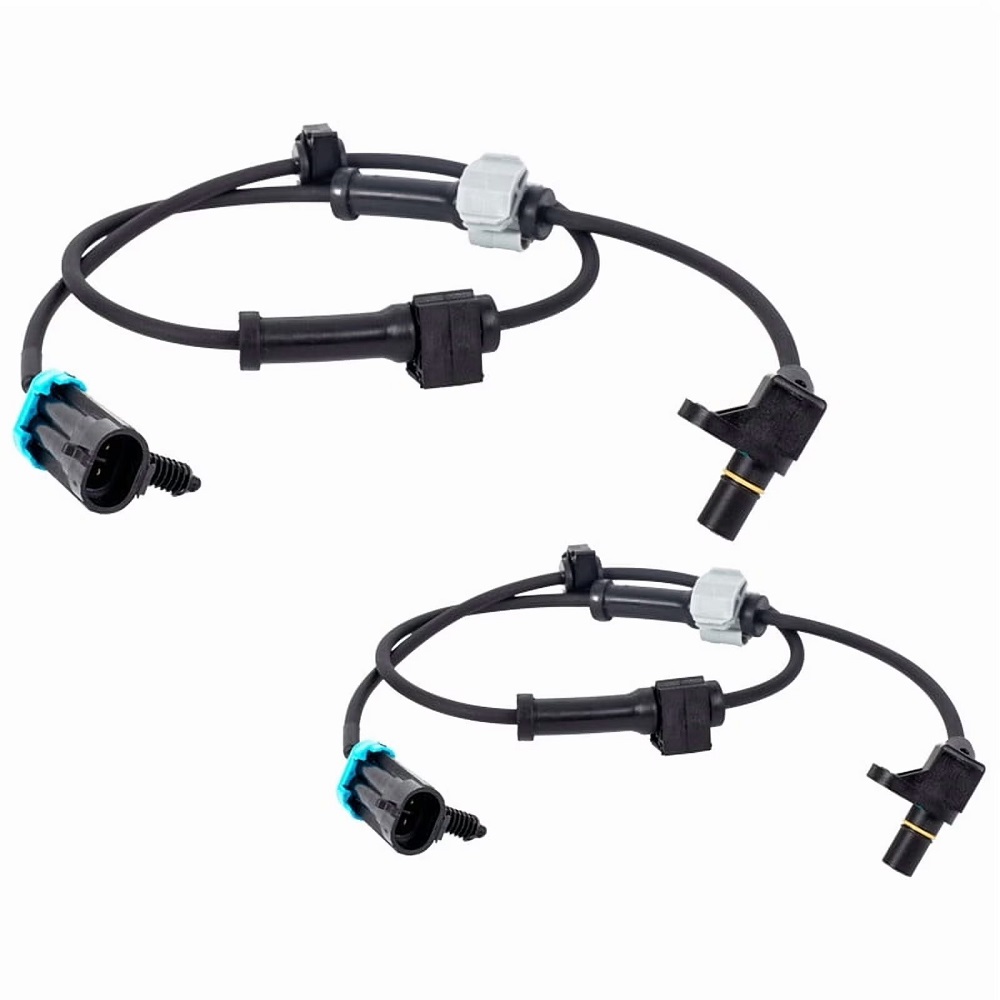
Conclusion: The Importance of the Ring
Vital Components of Engine Health
In conclusion, the oil ring is a crucial component for maintaining optimal engine health. By effectively controlling oil consumption and ensuring proper lubrication, the oil ring plays an essential role in enhancing engine performance. Understanding how the oil rings functions and its impact on overall vehicle performance can empower vehicle owners to take better care of their engines.
Emphasizing Regular Maintenance
Regular maintenance practices, such as oil changes, inspections, and monitoring oil levels, are essential for prolonging the life of your oil rings and engine. By adopting these habits, you can prevent potential issues and ensure your vehicle operates smoothly. With proper care and attention, you can keep your engine running efficiently for many miles to come.
Investing in Vehicle Longevity
Investing in your vehicle’s maintenance is an investment in its longevity. Ensuring that components such as the oil ring are functioning correctly will enhance performance and save you money on costly repairs in the future. Emphasizing the importance of the oil ring, along with a commitment to regular maintenance, can lead to a safer and more enjoyable driving experience. Take the time to nurture your engine; it’s the heart of your vehicle and deserves the best care possible.
